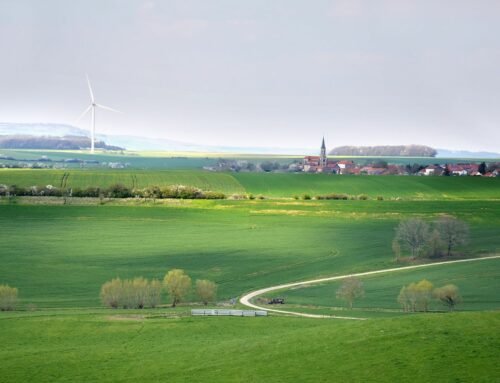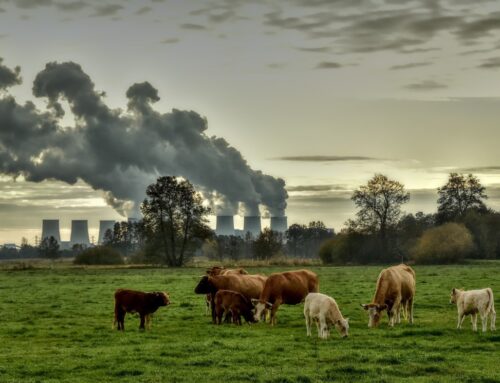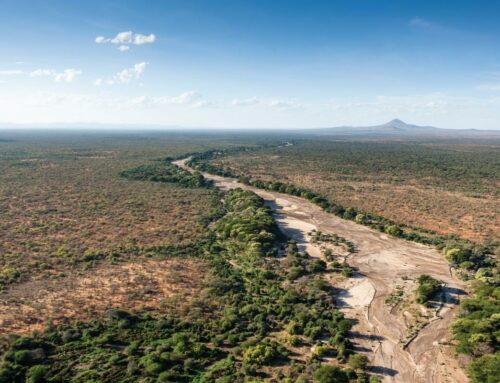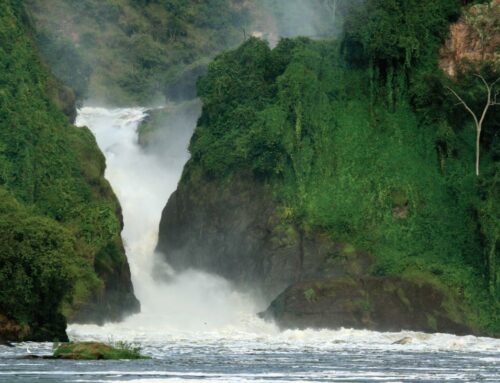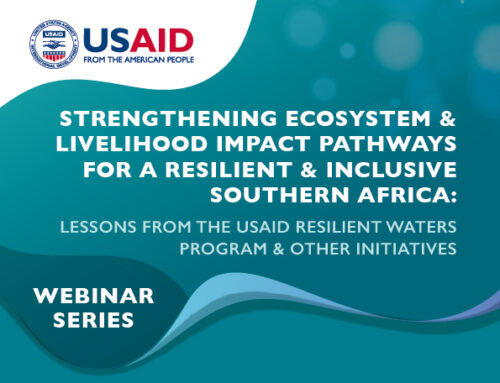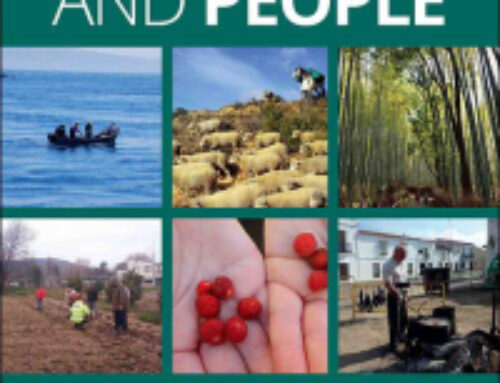Three opportunities for research towards Master’s degrees are available for 2023 under the Eco-ACE Project: “Building adaptive capacity to ocean change at multiple scales through promoting ecosystem-based adaptation and community engagement”. The overarching aim of the Eco-ACE project is to facilitate and improve the adaptive capacity of vulnerable groups in coastal communities (including small-scale fishers, women, children and youth) to change (including climate change) using a variety of tools and approaches including ecosystem modelling and participatory art-based research approaches.
Project 1: Incorporating small-scale fisheries into ecosystem models of the southern Benguela One approach to predicting the future effects of climate on marine ecosystem processes is the use of ecosystem models. Ecosystem models have been widely used to increase system understanding and to evaluate the interactive effects of anthropogenic drivers in an ecosystem. However, limited studies have incorporated small-scale fisheries or local and indigenous bodies of knowledge in such models. Incorporating SSFs into the available ecosystem models of the southern Benguela will contribute to the development and testing of scenarios of climate change impacts and adaptation within the Eco-ACE project. The successful candidate will integrate various knowledge sources using diverse methodologies (e.g., surveys, interviews, workshops, synthesis of available catch data, and other fora for consultation with small-scale fisheries in the three Eco-ACE case study sites) to facilitate the incorporation of small-scale fishers in ecosystem models of the southern Benguela. The project is suited to candidates with a background in fisheries, marine sciences, environmental sciences, geography, sociology or related fields. Candidates should have an interest in interdisciplinary research across the natural sciences and social sciences. Exposure to, or some experience with research in coastal communities and/or in marine social-ecological systems would be an advantage. The candidate will be co-supervised between Dr Kelly Ortega-Cisneros and Dr Louise Gammage.
Project 2: Exploring marine and coastal narratives of climate change with coastal communities using photovoice in the southern, western and eastern cape regions Creative methodology is gaining traction in stakeholder-led research towards understanding the dynamics of socio-cultural and ecological complexities in coastal communities, including small-scale fishers, women, children and youth. Photovoice is a visual arts-based participatory research methodology in which research participants use cameras or mobile phones to document, reflect upon and communicate their own knowledge of how environmental
variability, including climate change, is impacting their day- to-day lives and into the future. This body of work will then culminate in a photography exhibition, presenting this work to the wider public. The successful candidate will conduct participatory research in three southern, western and eastern cape marine and coastal community study sites.
The project is suited to candidates with a background in anthropology (preferably) but also other social science disciplines such as development studies, environmental science, environmental education or human geography, who have had some training in participatory research and ethnographic methodologies. Candidates should have an interest in interdisciplinary research across the natural sciences, social sciences and the humanities. Exposure to, or some experience with research in coastal communities and/or in marine social-ecological systems would be an advantage as well as proficiency in either or both Afrikaans and isiXhosa.
The candidate will be co-supervised between Dr Nina Rivers and Dr Louise Gammage.
Project 3: Downscaling future climate projections for the southern Benguela
The Benguela current large marine ecosystem is a highly complex system, characterized by high natural variability, and has experienced considerable environmental variability and change in recent decades. Climate projections indicate that the southern Benguela system will continue to experience an increase in sea surface temperature, while there is high uncertainty about the future trends in upwelling. Earth system models (ESMs) are used to determine future changes in climate, however, the spatial resolution of most ESMs is very coarse and they do not resolve coastal dynamics appropriately. The latter are key processes of the structure and functioning of upwelling systems like the southern Benguela. The successful candidate will use a high-resolution regional ocean circulation model to dynamically downscale two ESMs (Geophysical Fluid Dynamics Laboratory and the Institut Pierre Simon Laplace) and develop high-resolution climate projections for southern Benguela under the Shared Socioeconomic Pathway 5-8.5.
This project is suited to candidates with a background in oceanography. Candidates should have an interest in interdisciplinary research. Experience with research in regional ocean circulation models and/or dynamical downscaling would be an advantage.
The candidate will be co-supervised by Prof. Lynne Shannon, Dr Kelly Ortega-Cisneros and an oceanographer with expertise in Benguela upwelling ecosystem dynamics.
Application process
Funding
Bursaries will be funded from the National Research Foundation through the Eco-ACE project. The NRF minimum academic requirement for Master’s funding is 65% average for the preceding Honours degree. Applicants for Master’s funding must be 30 years of age or younger in the year of application.
Successful applicants will be funded either at Full Cost Study (FCS) or Partial Cost of Study (PCS). The FCS funding will be awarded to South African citizens and permanent residents only, who are either financially needy (i.e., those whose combined household family income is less or equal to R350 000 per annum), living with a disability, or exceptional academic achievers. PCS funding will be awarded to 5% of international students including South African citizens and permanent residents who could not be funded under FCS but meet other minimum requirements for the NRF scholarship funding criteria.
Necessary running and travel expenses will also be covered.
Requirements
Potential Masters candidates are required to have completed an Honours degree (or an equivalent 4-years degree) and must have graduated by January 2023. All candidates should show evidence of strong scholarly performance. Following the National Research Foundation’s funding guidelines, strong preference will be given to South African nationals and under-represented groups.
To apply
Applications will follow a Two-step process:
Step 1. Apply to the Eco-ACE project
All interested candidates should contact email the following documents to louise.gammage@uct.ac.za& kelly.ortegacisneros@uct.ac.za before 12h00 noon on 10 June 2022 with the subject line “Masters Application: <Master Subject> (here please indicate which project you are applying for)
- •a motivation letter (detailing your previous academic and work experience, and howyour experiences and skills speak to the proposed research topic, as well as yourspecific interests with regard to the proposed project),
- •a detailed CV that includes your academic record, previous work experience, anyscientific publications on which you have been an author/co-author, and the names ofat least two academic referees,
- •transcripts of academic qualifications,
- •at least one example of recent written work (e.g., a paper, report, thesis chapter).
We intend to interview selected candidates on 13 -15 June 2022.
Step 2. Apply to the NRF
Suitable candidates will then be instructed to apply on the NRF system by 8 July 2022 and link their application to the project. Instructions on this process will be communicated to successful applicants in Step 1. More information on the NRF funding instruments for 2023 can be found here.
Please note that funding will only be awarded to candidates selected and approved by the NRF.
We reserve the right not to appoint.


